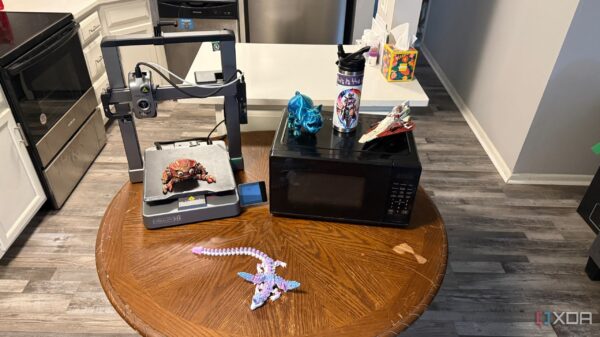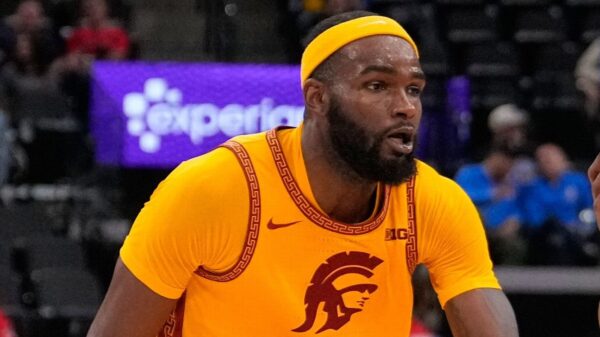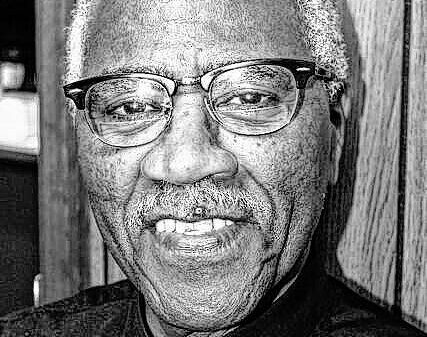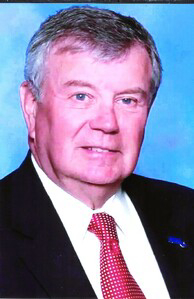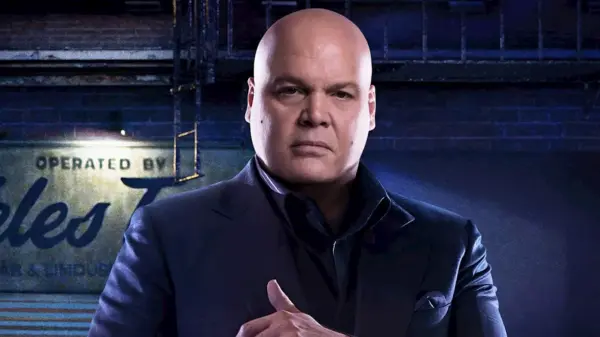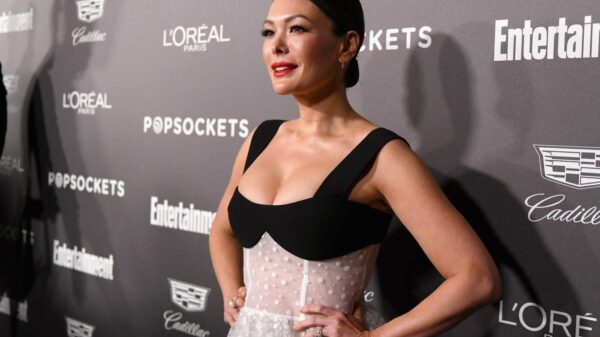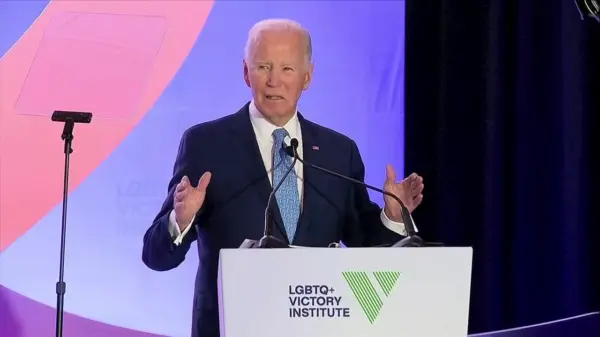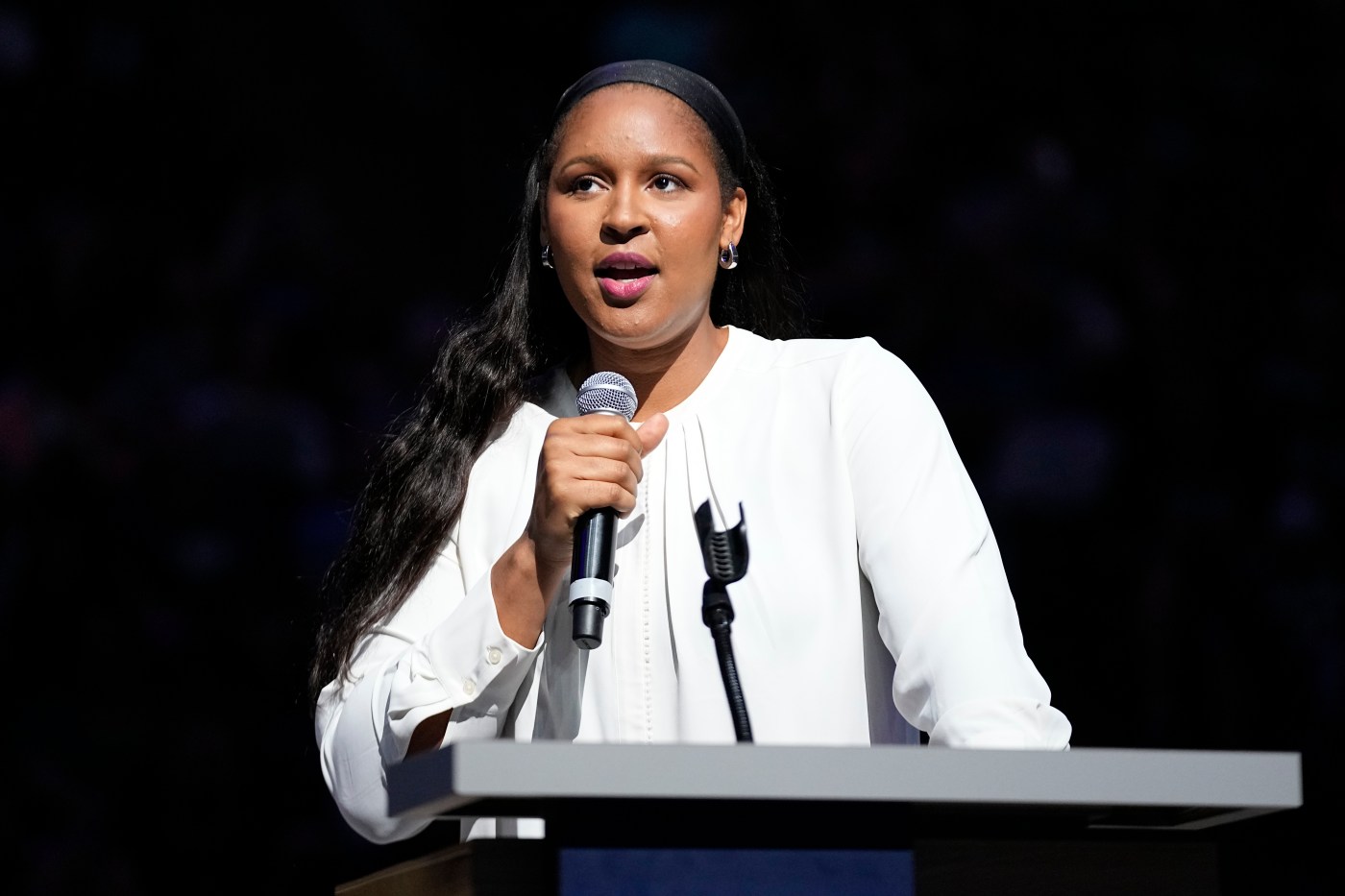Maya Moore, a trailblazer in women’s basketball, was inducted into the Naismith Memorial Basketball Hall of Fame, marking a significant milestone in her life after stepping away from the sport. The induction took place during ceremonies at Mohegan Sun in Uncasville, Connecticut, where she joined fellow UConn alum Sue Bird and several other honorees. Moore’s career, filled with accolades and championships, now serves as a foundation for her impactful post-basketball life.
From Championships to Advocacy
Throughout her illustrious career, Moore experienced the pinnacle of success in women’s basketball. She celebrated victories in the NCAA Tournament, clinched four WNBA championships, and represented the United States in the Olympics, earning gold medals along the way. Yet, at 36 years old, Moore’s focus has shifted from the court to her family and advocacy work.
In her Hall of Fame press conference, Moore shared a personal anecdote about her three-year-old son, stating, “He had his first successful poopoo in the potty recently, and it’s just like, this is it. This is like, championship-level joy.” Her journey as a parent has introduced her to new challenges, emphasizing the importance of balance in life. “We have the opportunity to do everything, but that doesn’t mean we should,” she remarked, highlighting the need for self-care and family well-being.
Moore’s departure from basketball in 2019 came as a surprise to many. At the height of her career, she chose to focus on criminal justice reform, dedicating her efforts to the case of Jonathan Irons, her now-husband, who was wrongfully imprisoned for over 20 years. In March 2020, after two years of advocacy, a Missouri judge overturned Irons’ conviction, a victory Moore cites as the greatest achievement of her life.
A Legacy Beyond the Court
The statistics speak for themselves. Moore won four consecutive state championships in high school, back-to-back NCAA titles with UConn in 2009 and 2010, and played a pivotal role in making the Minnesota Lynx one of the WNBA’s most successful franchises. Her contributions include four league championships and numerous individual accolades, including being a four-time All-American and the WNBA MVP in 2014.
Moore’s impact on the sport extends beyond her on-court achievements. Tina Charles, a former teammate at UConn, reflected on Moore’s decision to pursue her passion for advocacy. “Maya is someone who moves as the spirit moves her,” Charles said. “She made it very clear what was more important was just the impact on others, to have a winning mentality not just on the court but also off of it.”
Bird, who also shared the court with Moore, expressed mixed emotions upon learning of Moore’s retirement. “It was a little bittersweet to have this specific player walk away,” she said. Yet, Bird acknowledged the importance of Moore’s work in social justice, recognizing that it transcended basketball.
Though her playing career was shorter than anticipated, Moore’s influence continues to resonate with younger athletes. Many current WNBA stars, including former UConn standout Paige Bueckers and Indiana Fever’s Caitlin Clark, cite Moore as a significant inspiration in their careers. Connecticut Sun center Olivia Nelson-Ododa shared how Moore influenced her decision to join UConn, recalling a memorable encounter at a youth camp Moore hosted. “She was just such a huge inspiration for young women,” Nelson-Ododa stated.
As Maya Moore transitions into this new chapter of her life, her legacy remains a testament to the power of sports and advocacy. Her journey illustrates that while championships are significant, the impact one can have off the court can be even more profound.

